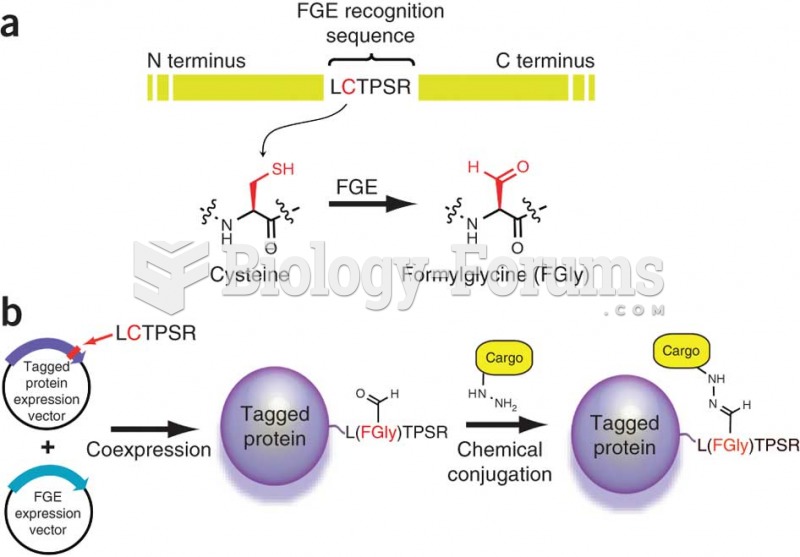|
|
|
The average office desk has 400 times more bacteria on it than a toilet.
In the United States, an estimated 50 million unnecessary antibiotics are prescribed for viral respiratory infections.
Many supplement containers do not even contain what their labels say. There are many documented reports of products containing much less, or more, that what is listed on their labels. They may also contain undisclosed prescription drugs and even contaminants.
If you use artificial sweeteners, such as cyclamates, your eyes may be more sensitive to light. Other factors that will make your eyes more sensitive to light include use of antibiotics, oral contraceptives, hypertension medications, diuretics, and antidiabetic medications.
Nearly 31 million adults in America have a total cholesterol level that is more than 240 mg per dL.







